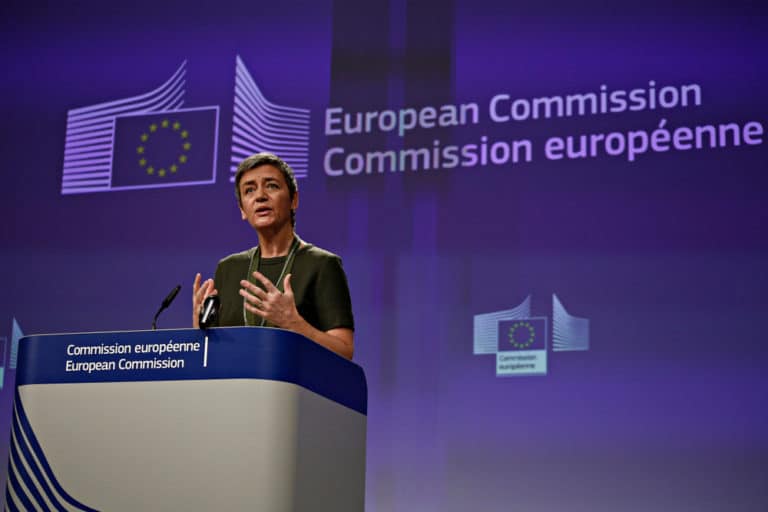The move aims to help secure a G20-backed global corporate tax deal
Brussels plans to delay plans for its controversial digital levy until the autumn in an effort to boost the prospects of a global corporate tax reform deal. News of the delay appeared in the Financial Times this week.
The purpose of the digital levy was to fund the EU’s recovery from the COVID-19 pandemic. When announced, the EC’s executive vice-president Margrethe Vestager said the tax will apply to hundreds of companies, the majority of them European.
Now, it seems, the EC has put those revenue-raising plans on hold.
The announcement of the delay followed the endorsement by G20 finance ministers of a landmark global tax deal reached by G7 nations last month. The framework would set a worldwide minimum rate and overhaul taxing rights.
The delay a result of “intense” US pressure
US treasury secretary Janet Yellen on Sunday said that the newly endorsed mechanism to allow more countries to tax large, highly profitable multinational companies may not be ready for consideration by lawmakers until spring 2022.
Yellen also said the G20 would try to get “holdouts” to accept the global agreement, but added that they didn’t need their OK to move forward. Such holdouts include Ireland, which has a corporate tax rate of 12.5 per cent.
Ms Yellen and Minister for Finance Paschal Donohoe will meet in Brussels this week for a Eurogroup meeting. There, the latest developments on corporate taxes wil most likely be a main topic.
The European Commission had come under intense pressure from Ms Yellen to shelve its digital tax proposal, according to people familiar with the discussions.
Brussels was due to put forward its proposals for the digital levy this week, but has now pushed them back to July 20th.
“The commission is reflecting on how to support the historic G20 deal. In that context we are considering a possible postponement to the autumn of the detailed proposal on the digital tax,” an official said.



















